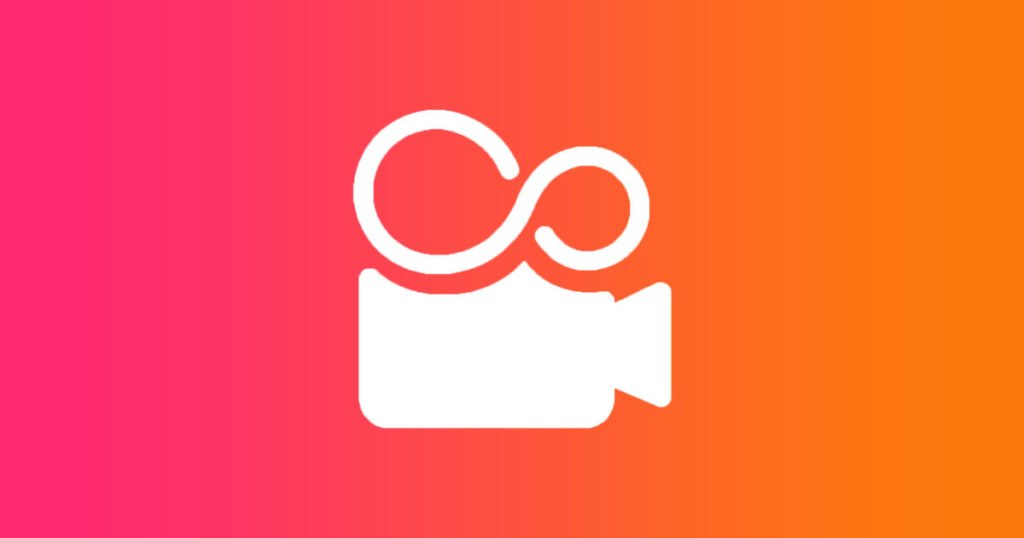Short videos shot and shared on mobile devices are touted as the new standard of content sharing and the future of social media.
TikTok’s rapid rise to fame has turned heads among big tech companies as it soared to more than one billion downloads, including 96 million in the United States alone, and secured a healthy user base of 500 million, 65 percent of which are under the age of 30.
Indeed, more of these companies are eager to get in on the craze. For instance, in leaked audio from an internal July Facebook Q&A, CEO Mark Zuckerberg talked about the company’s strategy surrounding “Lasso” in direct relation to TikTok, which quietly came to fruition in a launch this past November.
Beyond Facebook, another tech giant is making notable moves to participate in the action. Google is currently in conversation regarding the acquisition of video-sharing startup Firework which just might help it counter its fast-growing competitor.
What is Firework?
At its core, Firework allows users to find, create, and share videos that are 30 seconds long in addition to featuring its own original content series. To help spur the spread of video uploads, users have the ability to collect and repost videos across other platforms.
Similar to TikTok, the app curates videos and organizes them by content type and trending topics and then utilizes machine learning and human curators to tailor the delivery of suggested videos based on the identified personal interests of users.
Rather than having the opting of “liking” a video, users are only allowed to bookmark the video or share it — similar in style to a retweet as the content ultimately gets shared onto your profile with its original credit. In addition, you can only privately message another user if you have a comment to share.
The reason for this? “Haters and trolls, they want an audience — they want to elicit a polarizing reaction. We remove that,” said CRO Cory Grenier in a statement to TechCrunch sources.
What makes it a unique upstart?
In an age where it feels like every app and platform is looking to copy one another in order to stay on top of fluctuating user interests and values — a key question becomes: how can we be different and find our niche audience?
For Firework, the answer lies in a standout patent-pending feature named Reveal, that allows users to shoot their videos and view them horizontally versus the overwhelming emphasis on vertical video formats seen on Snapchat, Instagram, and you guessed, TikTok. Users can film holding their device horizontally and then the app places a vertical viewfinder on the screen displaying part of the shot that would appear to viewers when holding their phone straight up and down.
“The Reveal technology helps us bridge the gap from horizontal content that’s being captured by professional creators to the vertical content on mobile,” CEO Vincent Yang explained to reps at Digiday.
Firework also launched its own original streaming content platform — Firework Originals — with series including “Extra Fire Sauce,” “Banger,” “FOODz” and “Style Sector.” In this way, the app is able to deliver conversations and experiences that can’t be easily replicated across other platforms and channels.
Broadly speaking, in contrast to TikTok, Firework’s interest is on what it refers to as “premium user-gen” referring to a mixture of content that features professional creators and up-and-comers. Primarily, what this translates into is fewer selfies and more instructional and inspirational videos that are actionable and meaningful. To date, the app has partnered with Vine star Marlon Webb, celebrity Frankie Grande, YouTube comedian Dang Matt Smith, and model-influencer Olivia Jordan, among others.
What’s in it for brands?
Each week Firework features a sponsored hashtag contest that encourages users to create related video content in exchange for cash prizes or to fundraise money for social causes. For brands, this becomes an opportunity to partner with the app and sponsor a challenge using a particular hashtag and then benefit from the user engagement and impressions the challenge receives.
In the context of the e-commerce space, Yang shared with Digiday that the company is working on partnerships with various e-commerce platforms so that eventually a buy button can be launched making it seamless for users to buy products they see in Firework videos.
“There are so many fragmented times where we hope Firework will be a 10-minute TV channel that’s more entertaining.” Yang shared. “We want to be another big social media platform in the world, but a very different one.”
While it remains unclear how many brands will ultimately turn to Firework for their marketing efforts, one thing is obvious: securing this deal would add yet another video-based content platform to Google’s portfolio and another injection of power to its business. For reference, 20 percent of the advertising revenue taken in by Google’s parent company Alphabet comes from YouTube and its 1.9 billion monthly users.
Join 100,000+ fellow marketers who advance their skills and knowledge by subscribing to our weekly newsletter.
